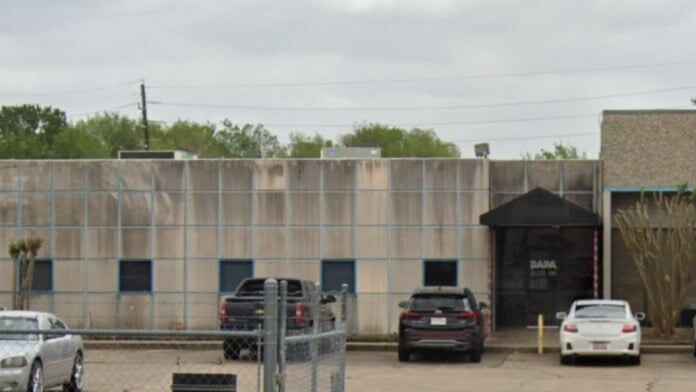About DAPA Family Recovery Programs – Guhn Road – Houston
DAPA Family Recovery Programs, located in Houston, Texas, offers alcohol and drug addiction treatment services through an outpatient format. Their treatments focus on emotional restoration, mental health support, and sustainable recovery. Available services include a variety of outpatient programs.
Partial hospitalization is a day treatment program that is highly structured, yet allows you the flexibility of returning home in the evening. This program requires no immediate danger that would require inpatient hospitalization. It incorporates clinical treatment practices for addiction such as medications, individual and group therapy, and trauma related counseling. Evidence based approaches such as cognitive behavioral therapy, dialectical behavioral therapy, and motivational interviewing are incorporated into the treatment process.
Intensive outpatient is one step down from partial hospitalization. This program is less structured and the amount of time spent receiving treatment each week is reduced. It’s designed for those who want to continue to move toward traditional outpatient services, but who need to move down slowly. The standard frequency of meetings is generally three times per week, but each program varies and the individual treatment plan for every person varies.
Outpatient treatment programming is a more flexible approach to addiction treatment. This service provides continued support for addiction recovery through individual therapy, group therapy, and educational classes on addiction and recovery. Medications may be managed and trauma support may be offered. Their goal is to continue to move toward a life of recovery and a suitable aftercare treatment plan that allows for reintegration back into society.
All levels of outpatient care incorporate individual therapy, which creates space for clients to explore the psychological challenges associated with addiction. With the help of a professional, you’re encouraged to talk about and process their emotions. This often includes unresolved trauma, anger, depression, anxiety, and the need for more control or autonomy in life.
Their aftercare services may include client linkages to local, community-based services that can assist them in achieving long-term recovery, such as transitional housing, transportation, career counseling, medical care, and related resources.
DAPA Family Recovery Programs may work with most commercial insurance providers. Speak to your individual provider to verify your coverage as out of network benefits may vary.





